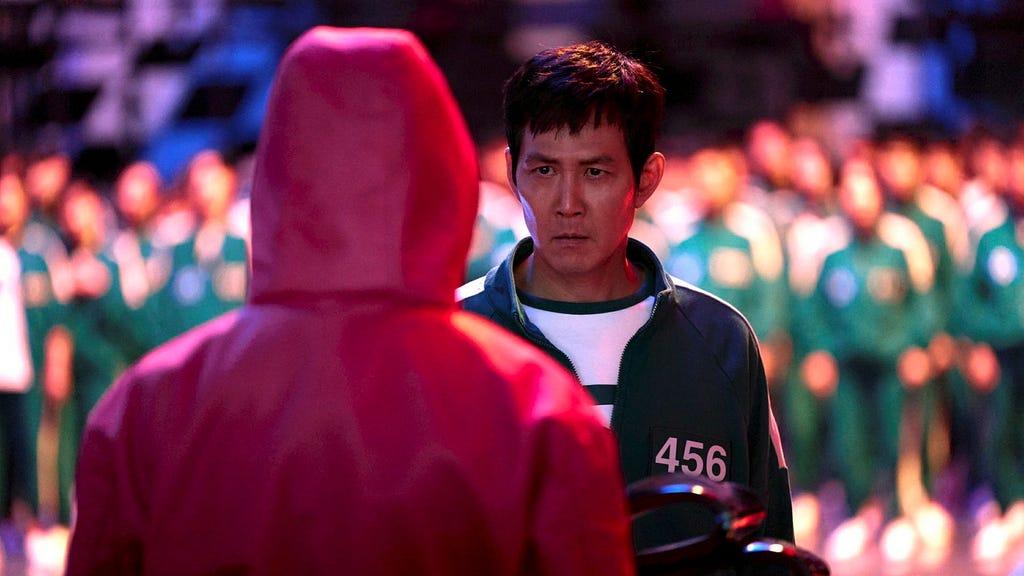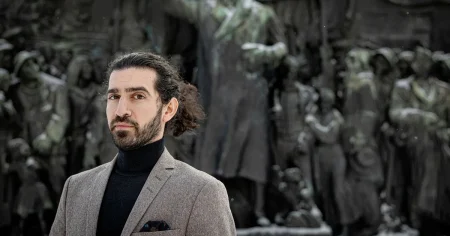The Return of the Games: A Deep Dive into Squid Game Season 2
The Emmy-winning South Korean thriller, Squid Game, makes its highly anticipated return to Netflix on December 26th. Season one concluded with Seong Gi-Hun, player 456, emerging as the sole victor of the brutal competition. However, victory came at a steep price, leaving him deeply scarred and unable to return to a normal life. Season two sees Gi-Hun re-entering the deadly games, not for personal gain, but driven by a profound desire to dismantle the organization and save others from suffering the same fate. This altruistic mission is immediately put to the test as Gi-Hun finds himself coaching 455 new players through the familiar terror of "Red Light, Green Light," where survival hinges on obedience and swift reflexes.
Gi-Hun’s return stems from the profound transformation he underwent in the first season. The trauma of the games, coupled with the devastating news of his mother’s death, left him irrevocably altered. Director Hwang Dong-Hyuk explains that despite his attempts to resume a normal life, the psychological wounds inflicted by the games prevent him from moving on. Gi-Hun’s re-entry into the deadly arena is not a choice driven by greed or ambition, but a desperate attempt to find some semblance of purpose and redemption amidst the lingering trauma. He is driven by a need to expose the games and prevent others from experiencing the horrors he endured.
The new season promises to be just as dramatic, if not more so, than the first. Viewers are warned to brace themselves for a particularly shocking scene where Gi-Hun engages in a harrowing game of Russian roulette, echoing the iconic tension of "The Deer Hunter," to extract crucial information from an adversary. This scene underscores the increasingly desperate measures Gi-Hun is willing to take in his quest to bring down the organization. The stakes are higher, the tension palpable, and the psychological toll on the characters even more pronounced.
A key difference between the two seasons lies in the exploration of human nature. While the first season primarily focused on survival, the second delves deeper into the complex motivations driving the players. The new rules introduce a chilling moral dilemma as players are given the power to vote on whether to continue or abandon the games after each round. This dynamic creates a stark contrast between those willing to sacrifice others for personal gain and those who prioritize human life. The power of greed is thrown into sharp relief, forcing players to confront their own moral compasses in the face of life-or-death decisions.
The shift in focus from individual survival to collective decision-making adds another layer of complexity to the already high-stakes games. The introduction of voting after each round forces players to weigh their own desires against the lives of their fellow competitors. The potential for manipulation, betrayal, and moral compromise becomes a central theme, highlighting the insidious nature of the games and their ability to corrupt even the most well-intentioned individuals. The new rules serve as a catalyst for exploring the darker aspects of human nature and the lengths people will go to in pursuit of wealth.
The success of Squid Game has ensured its continuation, with Netflix confirming a third and final season. This announcement solidifies the show’s cultural impact and its ability to captivate audiences worldwide with its gripping narrative, compelling characters, and thought-provoking social commentary. The third season promises to deliver a conclusive chapter to this thrilling saga, concluding the journey of Seong Gi-Hun and offering a final exploration of the dark underbelly of the Squid Game’s world. The future of the series is secure, ensuring that the global phenomenon continues to engage audiences with its unique blend of suspense, drama, and social commentary.














